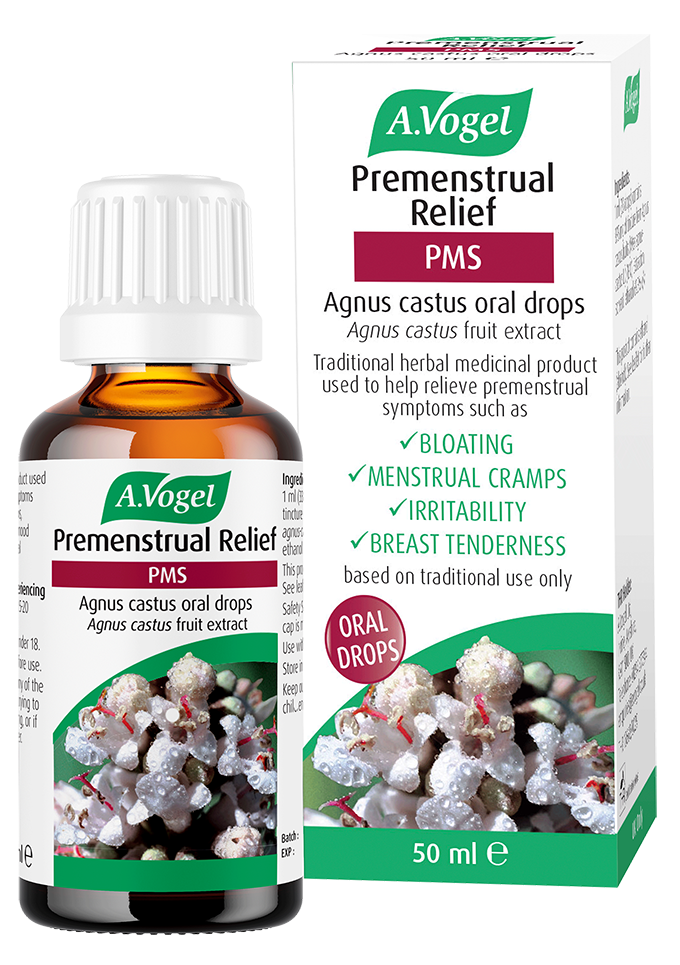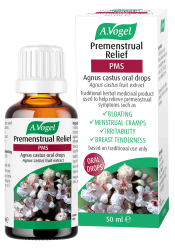An introduction to periods and endometriosis
Endometriosis is a condition which can give rise to pain and troublesome periods. This condition occurs when tissue from the lining of the womb grows outside of the uterus – this can affect the ovaries, the fallopian tubes, the pelvic wall or in extreme cases, it can interfere with the surrounding bowels or bladder.
Endometriosis can have an influence on your periods, and painful, heavy or irregular periods are more likely. On this page I discuss some of the causes and symptoms of endometriosis and how home, herbal and conventional treatments can help to alleviate some of your symptoms.
Causes of endometriosis
The causes of endometriosis are not well understood, although, there are thought to be a number of factors that could be contributing:
- Retrograde menstruation – During a normal period the lining of the womb is shed and exits the body via the vagina. However, in retrograde menstruation, this lining containing endometrial cells flows back up into the pelvic area – and can become imbedded. From then on, each month these misplaced cells behave in the same way as the normal lining of the womb and they thicken and breakdown throughout the course of your cycle, which can give rise to pain and inflammation
- Transformation of cells – It is possible that different types cells surrounding the uterus can transform into endometrial cells and initiate endometriosis
- Family history – Women with a mother or sister who has endometriosis are more likely to develop the condition
- Hormone imbalance – A hormone imbalance is thought to potentially contribute to the onset of endometriosis. Oestrogen feeds the endometrial cells and encourages them to thicken and proliferate; women with endometriosis often have high levels of oestrogen. Having heavy, long –lasting periods, with shorter cycles, is common in women with endometriosis and is an indicator of oestrogen dominance
- A problem with the immune system – If endometrial cells appear outside of the womb, immune cells should recognise this and target them. However, in women with endometriosis this doesn’t seem to happen and the cells continue to grow and cause problems.
Symptoms of endometriosis
The symptoms of endometriosis are variable, some women have very few symptoms, meanwhile others suffer to a much greater extent – pelvic pain is often the primary symptom of endometriosis. The location of the endometriosis is thought to have a bearing on how your symptoms present themselves.
Some symptoms of endometriosis are as follows:
- Painful periods – Painful periods are one of the most common symptoms of endometriosis. The pelvic pain, as with regular periods, is often worse before and during the first few days of the menstrual bleed but in many cases it can still exist at other times, for example during ovulation, during and after sex or even when going to the toilet. The extent of the pain is thought to depend on where the endometrial tissue is situated
- Heavy periods – Heavy periods are often apparent with endometriosis as there is often more endometrial tissue present which need to be shed. You are more likely to bleed for longer and have shorter cycles – your period is likely to come sooner than every 28 days
- Irregular periods – Irregular periods and sporadic bleeding is common in endometriosis. Your period may not be regular month to month and spotting, bleeding around the time of ovulation or after sex is more common
- Other symptoms – Other symptoms can crop up in endometriosis too, such as digestive issues, bloating, low energy or low mood. These can occur at the time of your period or outwith this time.
Home remedies for endometriosis
There may be some steps you can take at home in order to try and manage some of the symptoms of endometriosis:
- Diet – Having a good diet can be really beneficial in cases of endometriosis as part of the problem is inflammation. Avoid refined sugar, caffeine, animal fats and processed foods and opt for fresh ingredients, rich in vitamins, minerals and antioxidants (also, eat organic whenever possible to reduce your exposure to chemicals which can mimic hormones). A diet rich in magnesium and iron can help to support you through heavy, painful periods. Many spices have anti-inflammatory properties such as turmeric, cinnamon or ginger so include these in your diet as well as omega-3. Incorporate plenty of oily fish, eggs, chia seeds and walnuts in order to reap the anti-inflammatory benefits
- Manage your stress – There is some reason to believe that stress could potentially make the symptoms of endometriosis worse. Stress causes the release of stress hormones which in turn could upset the balance of your endocrine system and have an influence on your sex hormones.
- Manage your weight – Fat cells in your body can act as a reservoir for hormones, for example oestrogen. This can contribute towards an imbalance in your sex hormones, so try and keep your weight within the normal BMI range.
How can natural remedies help?
There are some natural alternatives that may be able to support you through endometriosis:
- Agnus castus - The herb Agnus castus is used to treat the symptoms of PMS such as painful periods. It works by gently supporting progesterone, the opposing hormone to oestrogen and can help to restore hormonal balance. Please note, if you are taking hormonal contraceptives such as the pill, hormone-balancing herbal remedies may not be suitable for you
- Milk thistle – With excess oestrogen your liver can suffer as a result. Ensure your bowels care moving and add some milk thistle into your regime to gently support your liver
- Alternative therapies – To help manage the pain and symptoms affecting your pelvis in endometriosis, acupuncture or a pelvic massage may help to relieve some of this pressure
When should I see my doctor?
For a condition such as endometriosis you might want to consider using home and herbal remedies in combination with conventional treatments – these are often necessary to appropriately manage the condition depending on the severity.
Painkillers such as paracetamol or ibuprofen may be required in order to help reduce pain and inflammation.
Your doctor may also suggest some a hormone treatment such as the pill. Generally, progesterone-based options are preferable for treating endometriosis.
Finally surgery may be required in some cases. This involves removing some of the sections of endometrial tissue with laser treatments which can greatly improve your condition.






 Looking for our products in a store near you?
Looking for our products in a store near you?

